This is a suspicion i have. I don't have enough data so i may be wrong.
Alkaline batteries leak due to self discharge. This is well known. Therefore, it follows that dead cells do not self discharge, because they are already depleted. There is nothing left to discharge. Therefore dead cells don't leak. Of the 2 dozen discharged cells (1.1V - 1.25V) lying around for 6 months or so, none of them have leaked. Leaked cells are obviously dead, because they leaked, created a short and discharged completely, not the other way around.
If alkaline cells leak due to self discharge, it follows that self discharge will be maximum when cells are new, and when in a humid atmosphere. Hot weather also increases cell voltage. Additionally, hot weather can allow greater relative humidity to be achieved, the opposite of cold weather where humidity decreases. Therefore hot weather is more likely to increase self discharge by increasing cell voltage and by lowering self discharge resistance via increased humidity. Indeed, for me, new cells seem to leak regularly in their packages in summer in a high humidity environment. If caught in initial stages one can see leaked cells still showing 1.5V.
It follows that new cells in low drain or infrequently used devices have a greater chance of leaking in summer. How to reduce this? For low drain or infrequently used devices, use alkalines only in cold climate (not very efficient as cell capacity drops in cold). In hot humid climate, use up alkalines in a couple of weeks, e.g. in high drain devices (not efficient as alkaline voltage drop is high during high drain). Also possible in humid climate, discharge in high drain device and then use in low drain device (should work theoretically without leaking, but I have not tested). Obviously in humid climate, buy new cells only when required.
Obvious way to reduce headache: switch to rechargeables.
PS: zinc chloride carbon will not eat away the zinc container after depletion since, if the zinc container is thick enough, the HCl produced will be converted to ZnCl, and there will be no rupture or leakage. Usually a good manufacturer will calculate and design the zinc canister properly. I have never seen one spill in last few decades, mainly due to the additional plastic casing. They also do not require valves, unlike alkalines, so are truly sealed. The acid (ZnCl and HCl produced) is also much milder, if at all they do leak. The cells are sufficient for low drain devices like wall clocks, weighing machines, multimeters... and also cheap, even the top quality panasonic ones, and last a long time with no ill effects. Also, due to the construction, gap between +ve and -ve terminals is much more, so humidity affects them much less.
